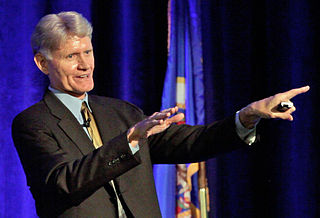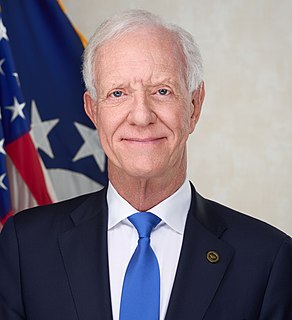A Quote by Leila Janah
I used to think my job as a CEO meant managing metrics and meeting goals, but I've realised now that's it's about managing my board and employees.
Related Quotes
I think the mental preparation isn't something that you can work on in one large sum. It has to be a collective collaboration of doing little things for your mental state constantly throughout the prep and managing your life outside the Octagon, managing your life in transit to the Octagon, managing your life once you get to training.

































